Bitcoin and cash cast a shadow over banks
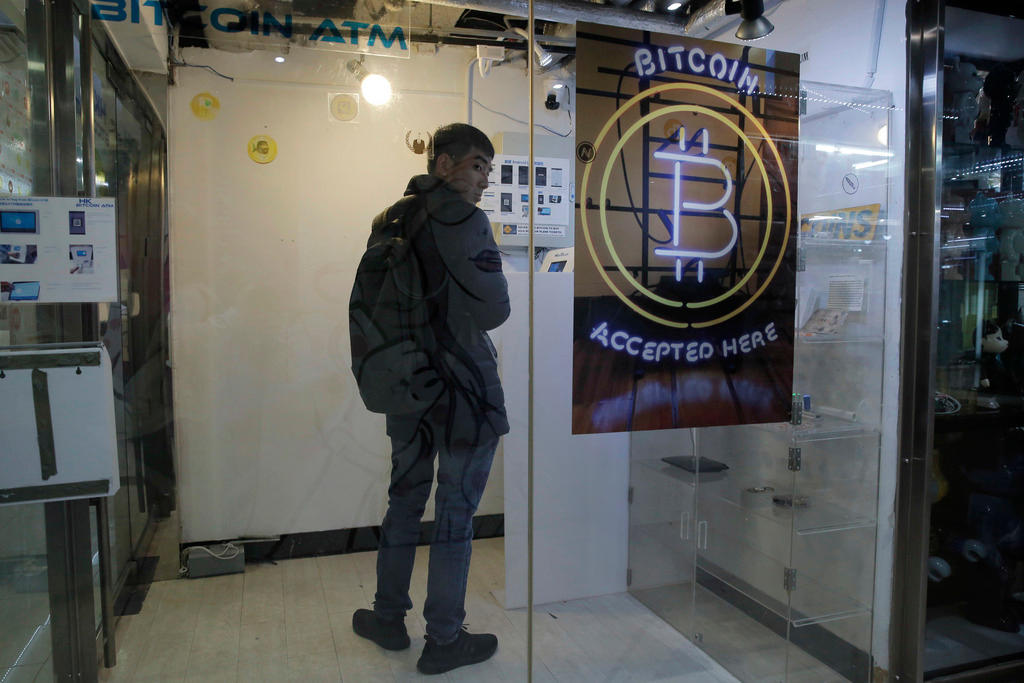
It does not feel coincidental that the bitcoin frenzy lifted the cryptocurrency to new highs this week as HSBC escaped the threat of criminal prosecution for having allegedly laundered at least $880 million (CHF873 million) for Mexican drug barons. The fiercer the regulatory squeeze on banks, the greater the demand for other means of storing and moving money.
Cryptocurrencies traded peer to peer rather than being settled through banks have so many uses that it is impossible to know how much demand is driven by criminality. One thing is clear: banks face growing rivalry from a shadow payment system that ranges from cryptocurrencies to electronic platforms including Alipay and mobile wallets such as M-Pesa in Kenya.

More
Financial Times
External linkThe old way to transfer money without having to go through a bank is cash, which is obstinately persistent. Despite the expansion of credit, debit and contactless cards, nearly everyone uses cash regularly. The drug smuggler who launders money across borders in high-value banknotes is an outlier; most cash loyalists find comfort in its familiarity and reliability.
While cash transactions used to be the mainstay of banks’ services to individuals and small businesses, this is fading as they concentrate on electronic payments, encouraged by regulators. A dispute has broken out between UK banks and independent operators of free cash machines, who complain that card issuers will create “ATM deserts” by paying them less per withdrawal.
The difficulty of drawing cash directly from banks does not stop people from wanting to use it. As Victoria Cleland, chief cashier of the Bank of England, admitted in a recent speech, cash is “a puzzle”. The value of notes in circulation rose by 10% last year, the fastest rate in a decade: the more that banks bear down on a messy payment method, the more some resist.
This is reminiscent of the rise of the shadow banking system in the early 2000s as lightly regulated credit vehicles sprung up alongside traditional bank lending. This time it involves what Dan Awrey and Kristin van Zwieten of Oxford university call the shadow payment system: electronic payments settled by banks are expanding and so are the alternatives.
Non-cash transactions such as debit and credit card payments are growing by 11% a year, squeezing out cheques. The spread of cards and contactless payments is making it easier to pay for even small items electronically. That suits banks, which run transaction platforms and supervisors that want to curb money laundering.
But cash is especially valued by people who either do not have much money, or have plenty. The former comprise lower-income families who find it easier to budget with a tangible form of money. One US Federal Reserve study found the highest allegiance to cash among 18-to-24 year olds and households earning less than $25,000 (CHF24,800) annually.
Cash is also private. In some economies, people use cash because they do not trust governments or the rule of law: 41% of Romanians use cash to pay their rent or mortgage, according to an ING study. Even in Germany, only 28% of people believe card and bank payments are highly private.
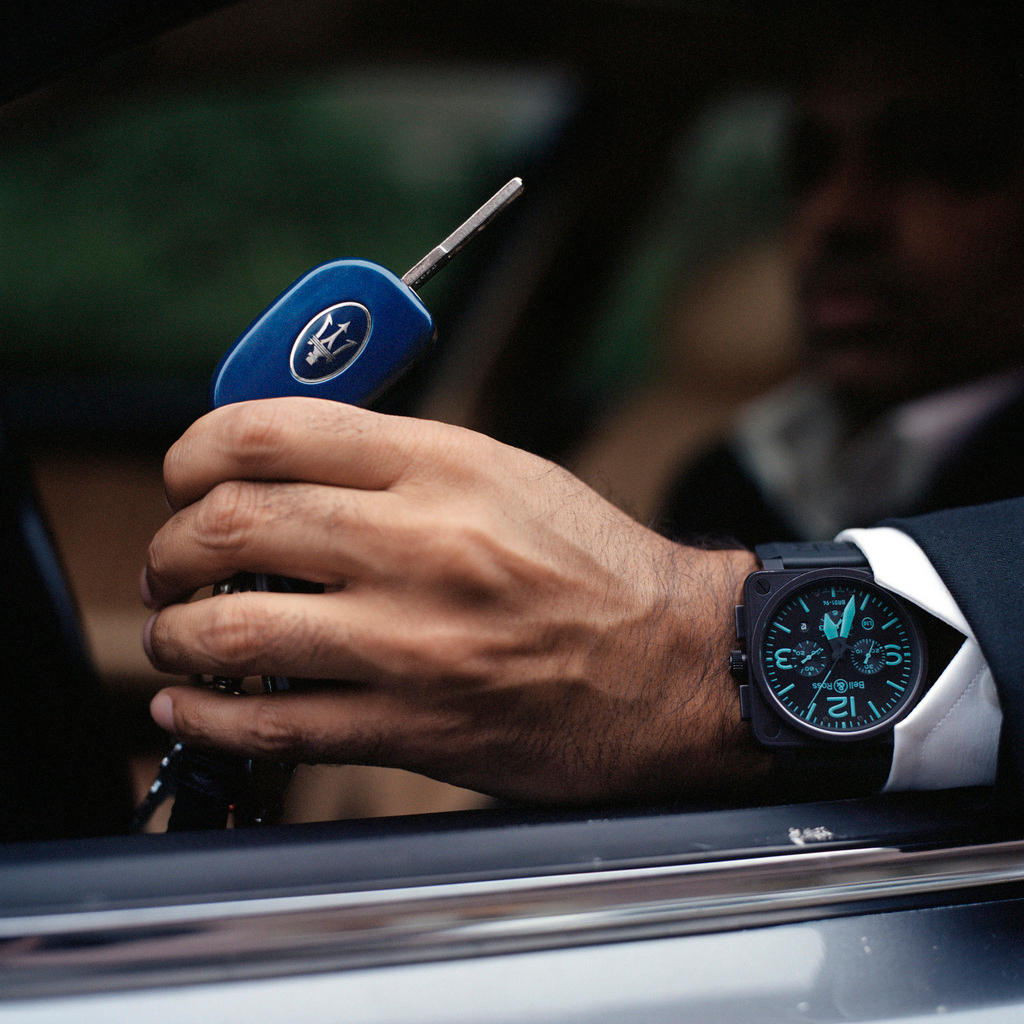
More
Swiss super-rich want slice of cryptocurrency boom
Some of the wealthiest use cash for this reason, amassing €500 (CHF583) and CHF1,000 notes, which can be stashed in Swiss bank vaults when interest rates are low. High value banknotes are also used by criminals for laundering, as the US Drug Enforcement Administration says, “drug trafficking is a very cash-intensive exercise”.
This binary pattern of use by the lower income and the rich applies to shadow electronic payments. M-Pesa developed in Kenya as a means of storing value on mobile phones rather than in banks. Grab, the Singapore-based ride-hailing company, takes payments for rides on GrabPay, its mobile wallet, and makes loans to drivers based on patterns of GrabPay income.
Meanwhile, cryptocurrencies were partly created as a challenge to fiat money issued by banks and central banks, and the bitcoin pioneers included criminals using trading platforms such as Silk Road. Bulk cash seizures by US law enforcement have fallen from $800 million (CHF794 million)in 2010 to less than $400 million (CHF397 million) last year, partly because it has become easier to launder cash electronically.
There are legitimate roles for cryptocurrencies — even speculation in bitcoin futures on exchanges. But the fact they are settled through a blockchain ledger, the underlying technology, rather than by banks under the direct oversight of regulators, is part of their appeal. Just as Germans want privacy by using cash, bitcoin holders seek out the shadows.
This leaves a core deposit and payment system, which is tightly regulated and moving to cashless methods, alongside a growing periphery. Cash and cash-like platforms, some tied to banks and others operating at the technology frontier, form a poorly understood and regulated alternative.
Judging by their liking for cash, cryptocurrencies and mobile wallets, many people appreciate having a shadow system. Whether they know how it works, and the risks they are taking, is another question. From past experience of financial crises, it is likely that no one really does.
© 2017 The Financial Times Ltd. Originally published at FT.comExternal link

In compliance with the JTI standards
More: SWI swissinfo.ch certified by the Journalism Trust Initiative

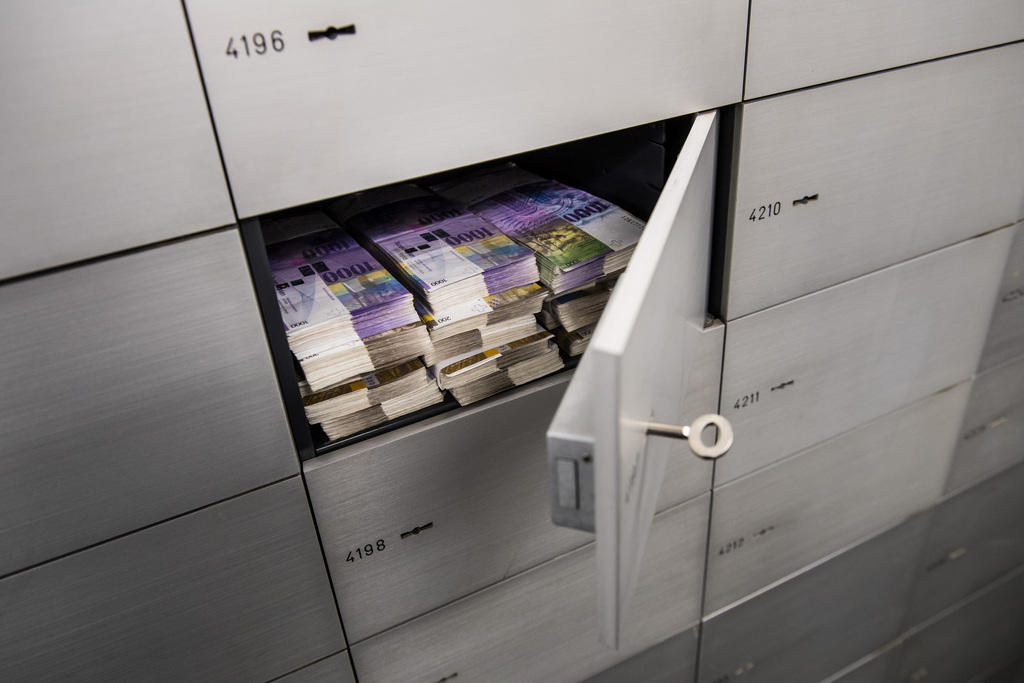
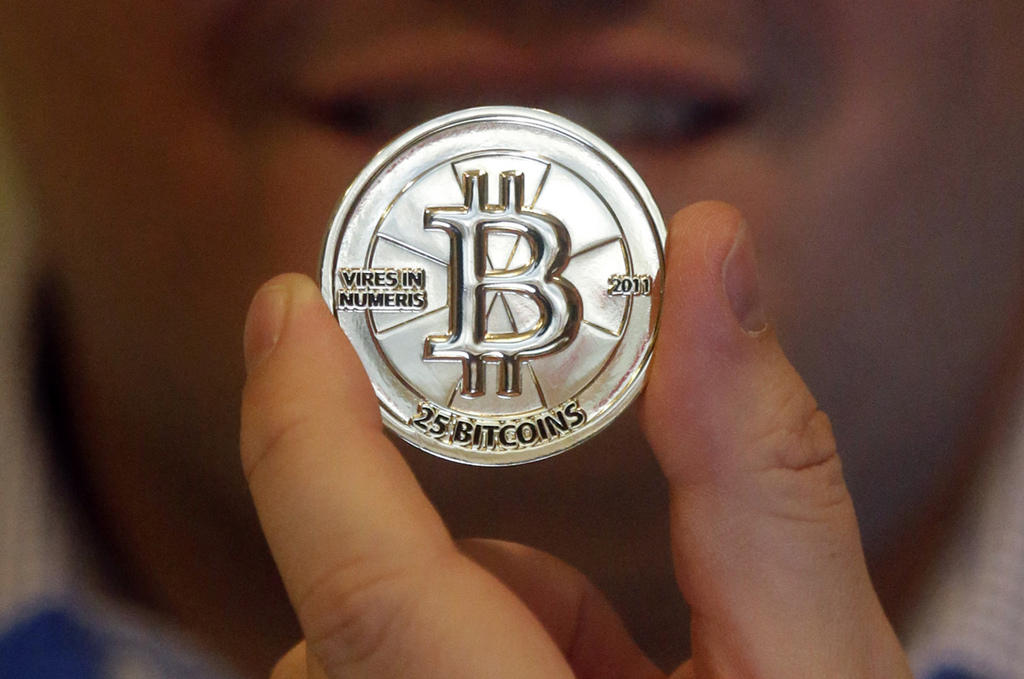

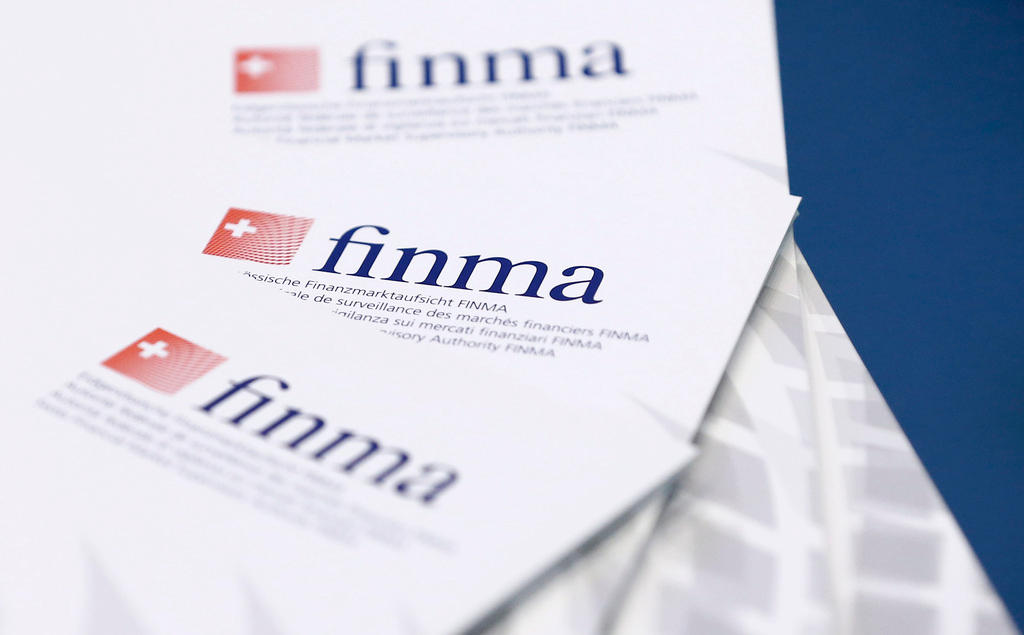
You can find an overview of ongoing debates with our journalists here. Please join us!
If you want to start a conversation about a topic raised in this article or want to report factual errors, email us at english@swissinfo.ch.